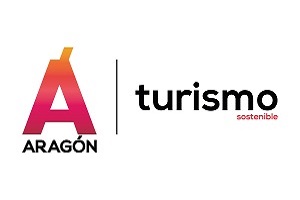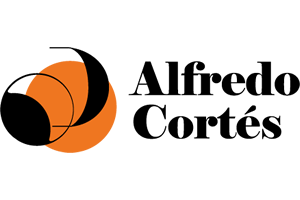Glicopepton Biotech is a joint venture that represents the creation of one of the first national structures for the self-supply of heparins and products with high nutritional value for animal feed and fertilizers in Spain. This initiative is promoted by the Aragonese agri-food group Costa Food Group (part of the Costa Group), Laboratorios Farmacéuticos ROVI and the meat group Càrniques Celrà.
The project contemplates the creation of a plant to be located in the Industrial Logistics Platform of Fraga (Huesca) with a surface area of 25,000 m2, in the construction of which approximately 40 million euros will be invested jointly. It is estimated that this initiative will generate 30 direct jobs and 20 indirect jobs, forming a highly qualified team.
The initiative embodies the concept of circular economy and brings together the pork and pharmaceutical sectors. This project aims, on the one hand, to create both economic and technological value by transforming pig mucosa into a biotechnological product with high added value, such as heparin, and, on the other hand, to develop fertilizers and new food supplements for animals.
Glicopepton Biotech combines the experience of ROVI as a leading company in the research of low molecular weight heparins (LMWH), with the positioning of Costa Food Group, the third largest European pork group, and the experience of Càrniques Celrà, a meat reference. LMWH is an anticoagulant drug used to prevent and treat venous thromboembolic disease. It is a product of biological origin whose raw material is obtained from the intestinal mucosa of pigs.
Glicopepton Biotech will create a structure for research and development that will also seek to revalue the rest of the products generated in this process so that they can be used as feed of high nutritional value for animals or fertilizers. The project will be subject to obtaining the appropriate administrative and regulatory permits and authorizations.

A large-scale project for Aragon
The presentation was attended by the President of the Government of Aragon, Javier Lambán, and the Minister of Economy, Planning and Employment, Marta Gastón. In the words of the President, “this innovative project places Aragon in a leading position and contributes to the diversification of the Aragonese economy in sectors such as agri-food and pharmaceuticals, as well as deepening the circular economy. It gives the impression that it will be the origin of many other industrial developments. Aragon can be satisfied because it is giving birth to a very important project”.
Jorge Costa, CEO of Costa Food Group, highlighted the importance of this project for Aragon: “Our group is proud to be able to attract this benchmark biotechnology project to our region, which revalues the pig sector in our autonomous community through the circular economy, with the support of the pharmaceutical sector. The creation of the Glicopepton Biotech plant in Fraga also allows us to bet on talent in Aragon, an objective aligned with our strategy to generate quality employment in the rural environment.”
Juan López-Belmonte Encina, Chairman and CEO of ROVI, highlights “the strategic importance for Spain of a project of these characteristics, as it provides the country with the capacity to be self-sufficient in obtaining an essential raw material for the production of an essential medicine such as low molecular weight heparins. At ROVI we are very excited about this project, since, as a company specialized in these drugs, it will allow us to take another step forward in the vertical integration of our manufacturing of low molecular weight heparins (LMWH)”.
Xavier Roca Masmitjà, general manager of Càrniques Celrà and Olot Meats, explained that: “Until now, the mucus was exported to other countries to obtain heparin. With this project we are joining forces with the Spanish pharmaceutical industry and the third largest European pork producer to generate heparin in our territory and thus strengthen our health resources, which are so essential, as the recent COVID crisis has taught us. We are proud to be able to obtain this medicine with maximum health guarantees and complete traceability, taking advantage of all the products and providing our industry with a high added value”.














